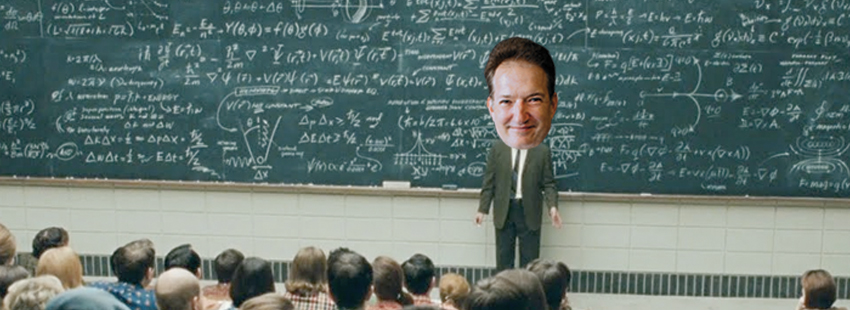Anyone involved in sports marketing has undoubtedly sat through countless conference sessions where a sponsor has trumpeted its massive ROI or a league has proudly proclaimed how “sponsor-friendly” are its fans. There are also the legendary case studies, like how Visa rode its Olympic sponsorship to surpass Amex as the world’s biggest payment system.
What’s often lost is how this success happens. Why does sponsorship change how we feel about a brand or even which brands we buy? rEvolution has spent the past 16+ years analyzing hundreds of sponsorships and interviewing hundreds of thousands of consumers. From this ocean of data, we can distill the three main ways sponsorship works.
Reach and Connect To Millions Of Human Targeted Leads Today!
Effective Marketing Starting as Low as $5!
Scores, Stats, Highlights, and Cool Online Shopping!
The Scoreboard Mall @ US Sports Radio
The Coolest Sports, The Hottest Talk Live Online and Mobile!
- The Tribal Factor
We’re all members of multiple tribes or affinity groups. Bears fans are a tribe, so are Springsteen fans and so are devotees of Game of Thrones or Star Wars. We often advertise the tribes we belong to by wearing jerseys or branded T-shirts because we want other people to recognize our tribe. In fact, the average person belongs to more than a dozen tribes (try it out yourself!). Brands become honorary members of the tribe by becoming the only brand in their category that is an Official Sponsor. Once you’re a sponsor member of the tribe, this designation will give you the nod as a tribe mate over another brand if the decision is 50/50 or 45/55 based on price, quality, etc. This is a soft and fuzzy factor – it won’t overcome strong price or quality differentials, but it definitely matters when those things are even. It’s also far easier to impact choice for CPG brands, which are low-price, low-risk frequent purchases, than for choices of high-price, long-lasting things, such as cars, which often involve another person in the decision. - The Reward Factor
Consumers are smart enough to realize that sponsorship isn’t charity, but they’re also smart enough to know that without sponsorship NASCAR drivers lose their rides, and events they like get cancelled. Very often in focus groups we hear tribe members say, “I know it sounds silly, but I feel like if I buy the sponsor’s products then in some small way I’m encouraging them to keep going with it.” So really they do it to feel better about themselves, but BANG – that’s why NASCAR fans are the most sponsor-friendly – because it’s the sport most dependent on sponsorship.Over the years we’ve been able to plot sports on a line from strongest to weakest reward factors and NASCAR is right at the top, while the major stick and ball sports are at the weaker end (though they tend to have the strongest tribal factor). Why? Because the Patriots don’t rely on Gillette’s sponsorship to re-sign Brady or Gronk, and fans understand that. - The Image Factor
Tribe members typically hold their team or league in pretty high regard (we’ll make an exception for Pats fans and the NFL). When a sponsor that doesn’t have such a positive image associates itself with this team or league, there can be positive rub off. So, this is how Visa used the Olympics to overcome Amex’s leadership in the “best card for travel” and “accepted in more places than any other card.” It’s also how Samsung used the Olympics and the NFL to move its brand positioning from the cheap TV you might have in the kid’s room or the low-cost phone to the premium brand it is today.Of course that’s by no means an exhaustive list, but it’s a pretty good guide on how to build your creative as a sponsor. You need to push the tribe, reward and image buttons as hard and overtly as possible. The best example we’ve ever tested for this was when The Home Depot was a sponsor of the U.S. Olympic and Paralympic teams and paid Olympians full time to work part time so they could train. Take a look and see – I guarantee it will pull at your heart strings.


No comments:
Post a Comment